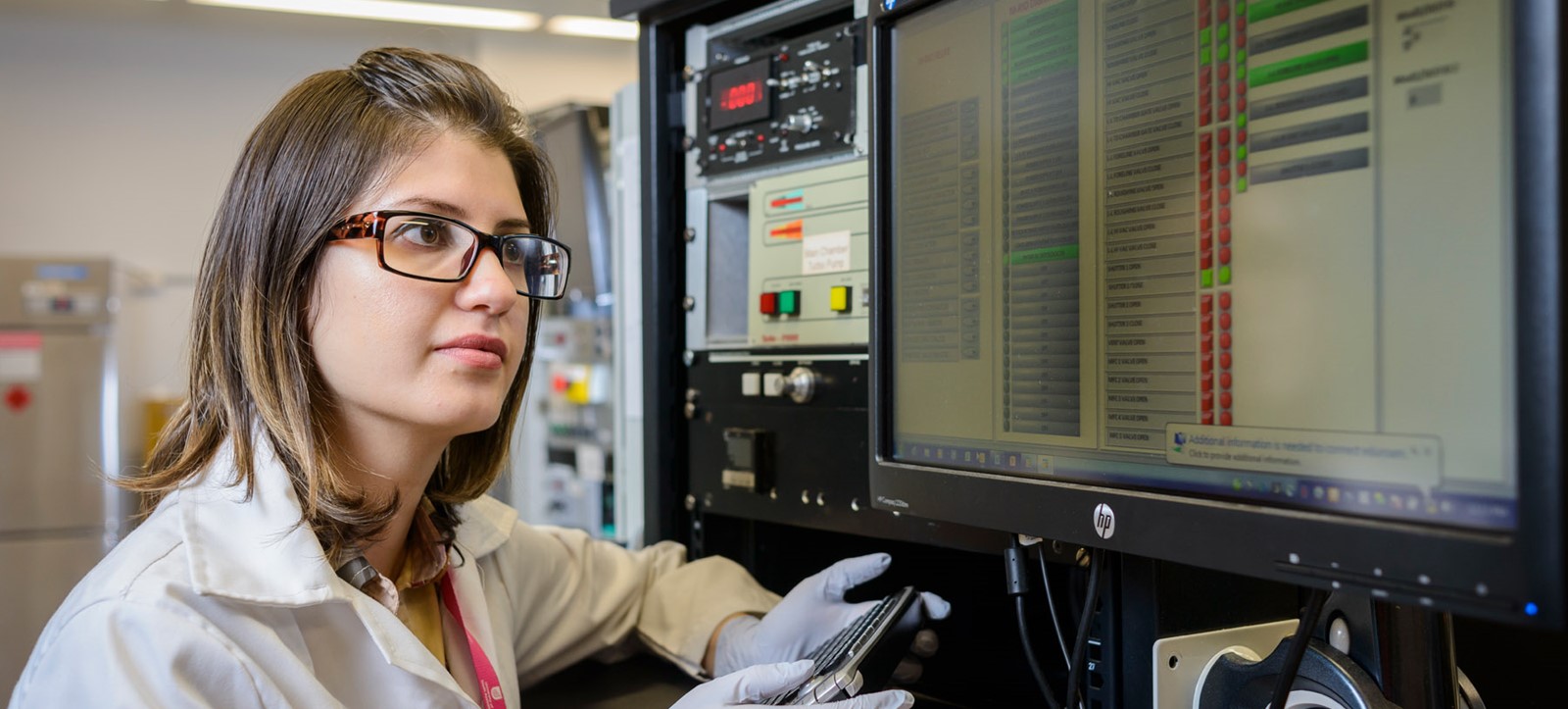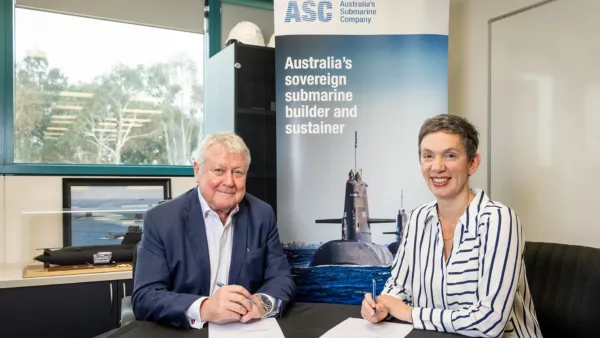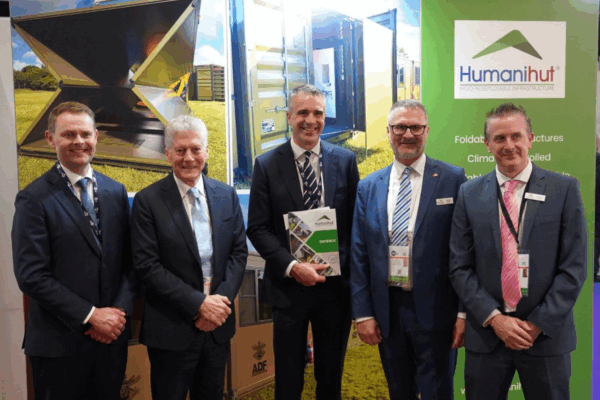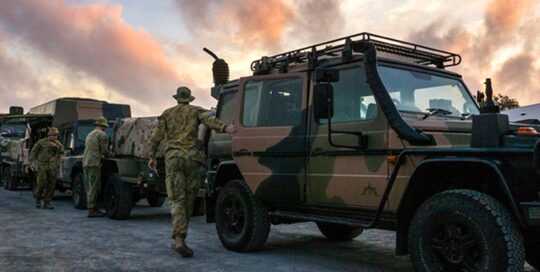Defence Innovation Partnership celebrates one-year of driving defence research in South Australia
21 February 2019
South Australia’s Defence Innovation Partnership has awarded a total of $1.3 million to nine collaborative cutting-edge defence projects since it was established a year ago.
The Defence Innovation Partnership, comprising Defence SA, Defence Science and Technology, the University of Adelaide, Flinders University and the University of South
Australia, is today celebrating a year of stimulating defence research and development collaborations with industry.
Defence SA Chief Executive Richard Price said the Defence Innovation Partnership has made great strides in fostering defence research activity in South Australia by connecting
researchers, industry and government to form research and development partnerships.
“Since the Defence Innovation Partnership was established in January 2018, it has fostered closer defence research and development collaboration across government, industry and
academia,” Mr Price said.
“The importance of collaboration between defence industry and researchers cannot be understated; it is the foundation for success and key to solving some of Defence’s
increasingly complex technology problems.
“Defence Innovation Partnership is a critical part of the defence ecosystem, and acts as a catalyst for new partnerships between industry and research institutes.
“The Defence Innovation Partnership takes a co-ordinated approach in ensuring our worldclass researchers align with Defence priorities, work together and share resources.”
In addition to providing funding for a broad range of projects aimed at enhancing the next-generation Australian Defence Force, the Defence Innovation Partnership has built closer
relationships with interstate and international defence research organisations, industry and universities.
The funded projects are varied and have engaged some of Australia’s best scientists and researchers to tackle a range of issues in the field of defence, from undertaking groundbreaking work on human-machine interfaces, addressing global issues such as PFAS in the environment, and identifying combat-related stigma in Australian military populations.









